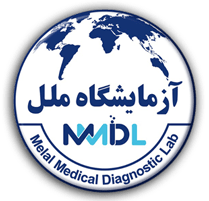Diabetes mellitus is a group of metabolic diseases characterized by hyperglycemia resulting from defects in insulin secretion, insulin action, or both. The chronic hyperglycemia of diabetes is associated with long-term damage, dysfunction, and failure of various organs, especially the eyes, kidneys, nerves, heart, and blood vessels.
Diabetes-Related Autoantibodies
Islet cell antibodies (ICAs): Islet autoantibodies are markers that appear when insulin producing beta cells in pancreas are damaged. They can be detected a long time before beta cells are completely destroyed.
Insulin antibodies (IAs): In addition to attacking beta cells, the immune system in people with type 1 diabetes also targets insulin. This test looks for the antibodies targeting insulin.
Glutamic acid decarboxylase antibodies (GADAs, or GAD 65): This test looks for antibodies built against a specific enzyme in the pancreatic beta cells that produce insulin.
Insulinoma-associated antigen 2: This test looks for antibodies mounted against a specific enzyme in beta cells. Both the IA-2A and GADA tests are common type 1 antibody tests performed at endocrinology offices.
Zinc transporter (ZnT8) antibodies: The newest type 1 test, this looks at antibodies targeting an enzyme that is specific to beta cells. This test may not be as readily available.
Comment:
Routine screening for Type 1 Diabetes Melitus (T1DM) risk with autoantibodies is recommended only in the setting of a research trial or in first-degree family members of a proband with T1DM.

